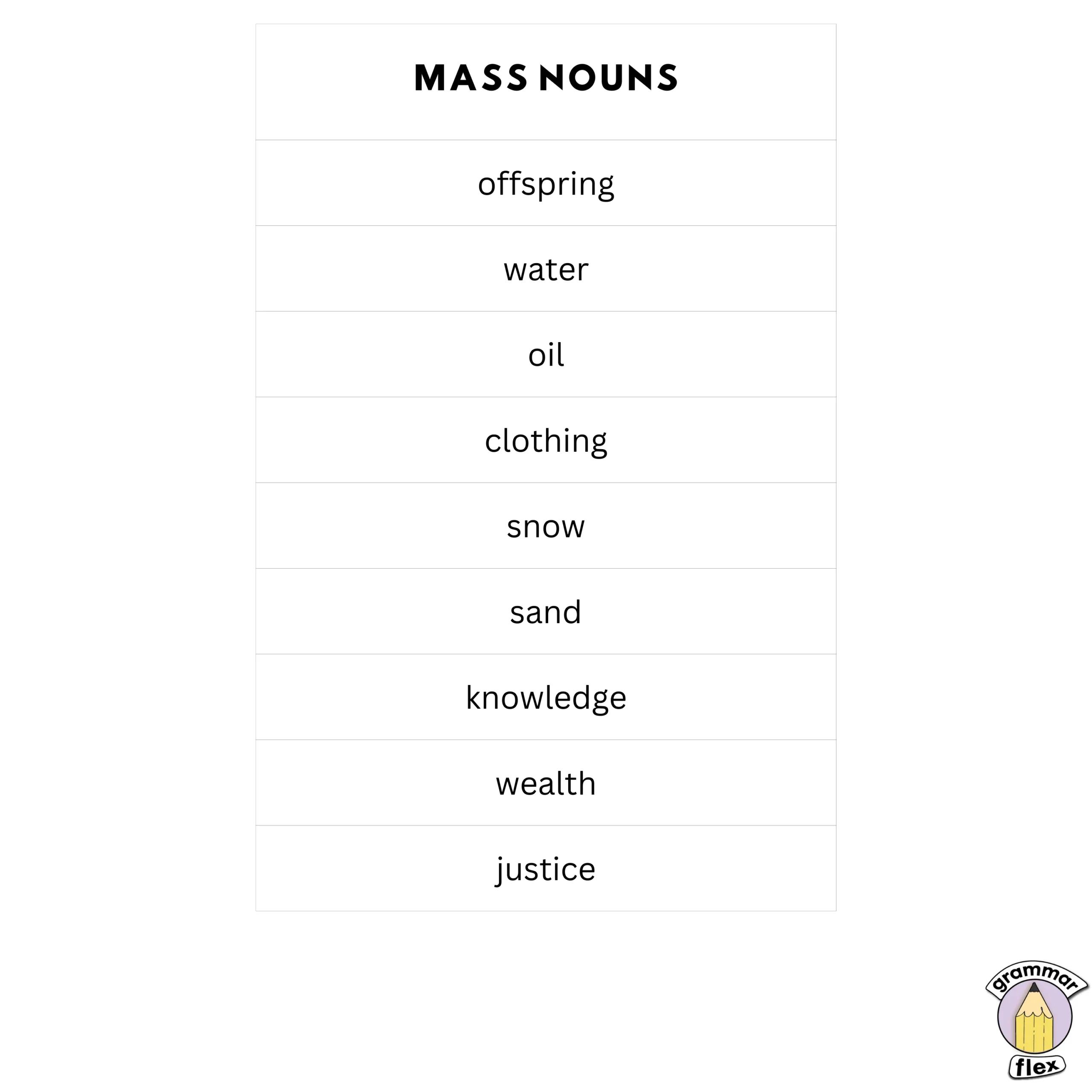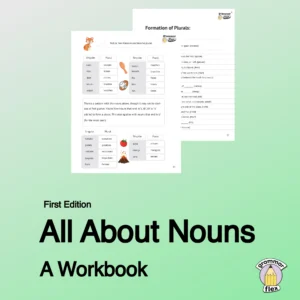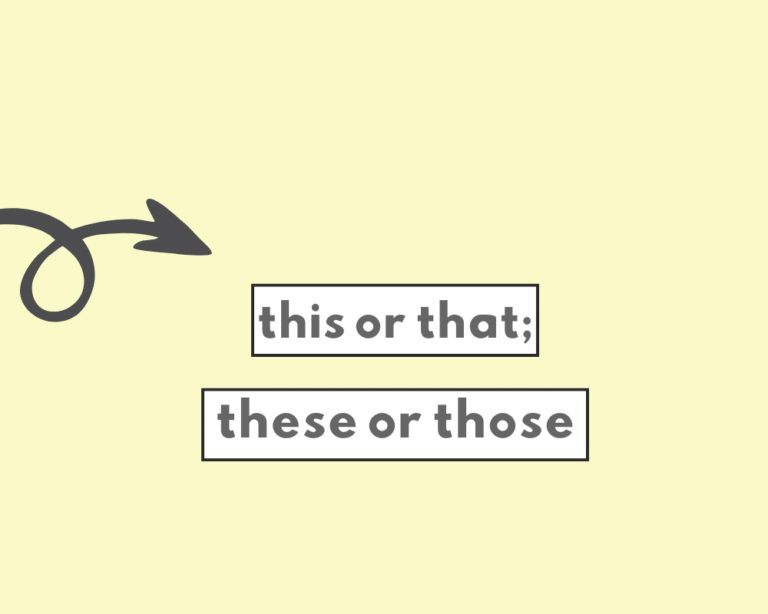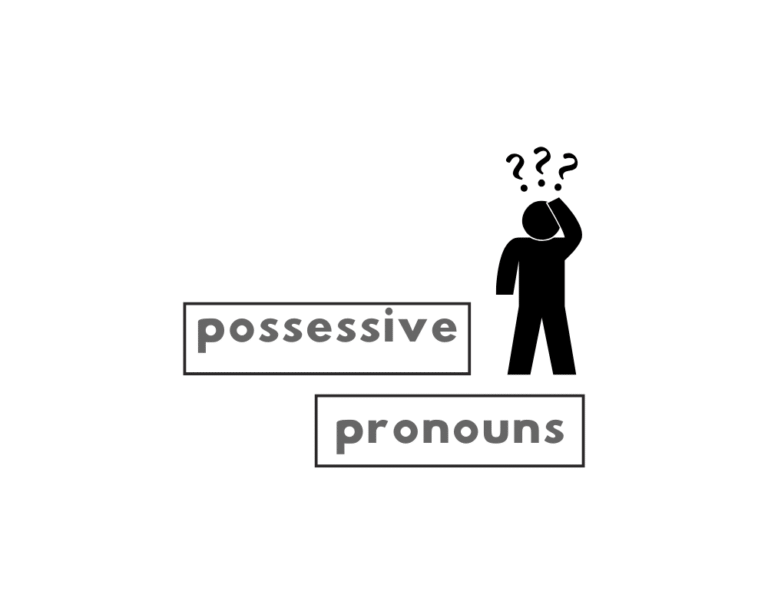What are collective nouns?
Collective noun: The jury was selected this morning.
Mass noun: Water is essential for life.
Collective nouns name a group, unit or collection as one whole or single entity.
Take a look at the following:
| An army is made up of a collection of soldiers. |
| A jury is a group of jurors. |
| A fleet is a collection of ships or vessels. |
Take the first example of a collective noun: an army.
The collective noun army is defined in the dictionary as, “a large organized body of armed personnel trained for war especially on land.” An armytreats a whole group as a single entity or unit, i.e., ‘an army’, which makes it a collective noun.
Collective nouns still assume plural and singular forms; though grammatically they are mostly treated as singular.Most people know that an army consists of a group of soldiers.
Notice how the word ‘army’ is treated as a singular by not including an s/es as plural nouns do.
This is because an army, just like a jury, or a fleet, gang and so on, are words that mention collectives or groups contained as a whole or single entity.
Are collective nouns plural or singular?
The short answer is that collective nouns can be either singular or plural, but for the most part they’re used as a singular noun.
It’s appropriate to use collective nouns as a plural when you’re mentioning more than one of that type of collective noun, or when you’re referring to the parts that make up the whole (of that collective).
In other words, if the parts that make up the whole are being referenced, treat it as a plural. Otherwise, keep it singular.
| Correct: the members of the jury were shocked by the verdict. |
| Correct: the jury was shocked by the verdict. |
| Incorrect: the members of the jury was shocked by the verdict. |
| Incorrect: the jury were shocked by the verdict. |
For collective nouns, remember they name a collection but often function as one unit, taking a singular verb (“The team is“).
Collective nouns vs. non-count nouns
Non-count, uncountable nouns or mass nouns are what they’re called: they are things in the world, and even ideas and concepts, that we cannot physically or literally count or quantify.
Mass nouns only have a singular noun form, and no plural noun form (despite referring to things that seem abundant and plural).Rice, water, oil and knowledge are what we refer to as mass nouns or non-count nouns: they are things (even concepts or ideas) that we cannot physically quantify.
Collective nouns vs. mass nouns

Read more about nouns
FAQs
Q: What are collective nouns?
A: Collective nouns name a group, unit, or collection as one whole entity. They treat a whole group, like an army or jury, as a single unit under one label, even though it consists of multiple members.
Q: Singular or plural for collective nouns?
A: Collective nouns can be either singular or plural. For the most part, they’re used as singular, treating the group as a single unit (“The team is playing well”). However, they can be plural in some contexts.
Q: When is a collective noun plural?
A: Treat a collective noun as plural when you mention more than one of that type or when referring to the parts making up the whole. If specifying the entire collective is made up of more than one, use plural.
Q: Correct verb for collective nouns?
A: Use a singular verb when treating the collective noun as a single unit (e.g., “The team is playing well”). It’s incorrect to use a plural verb when treating the group as singular, like “The army are marching.”
Q: Collective nouns vs mass nouns?
A: Collective nouns name a group as one entity and are quantifiable/countable. Mass nouns (also non-count or uncountable), like rice or water, cannot be physically quantified and only have singular forms.
- English Grammar and Composition, P.C. Wren.
- What are Collective Nouns? (Collective Nouns vs Mass Nouns) – Grammarflex











